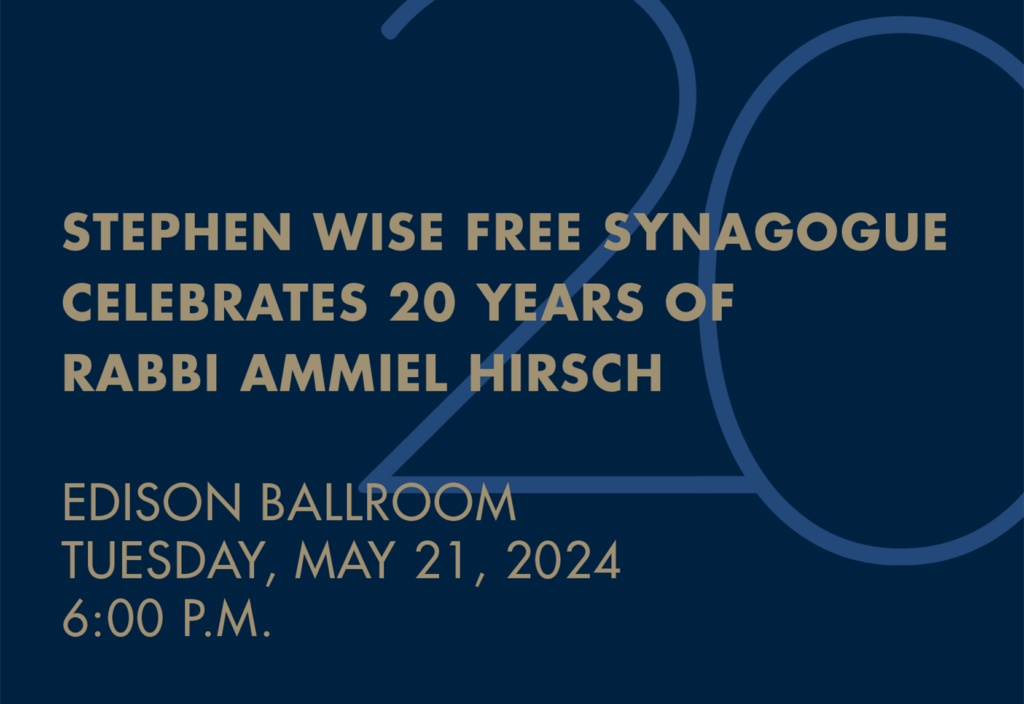Following Donald Trump’s victory in the 2024 presidential election, Rabbi Hirsch worries about the future of democratic intuitions, reflects on the anti-Zionism and antisemitism and the left’s abandonment of liberalism that estranged many centrists and Jewish voters, and urges Americans to reach across the aisle and attempt to understand one another. “For better or for worse, this is the outcome America wanted,” Rabbi Hirsch says.
“In some ways, this election demands us to ask similar questions to those we asked ourselves over the High Holy Days,” says Rabbi Samantha Natov on the Friday before the presidential election. “What is it to be a good human being? How do we best organize our society to reflect this? In this week’s parashah we find two starkly contrasting depictions of societal structures: the stories of Noah’s Ark and the Tower of Babel…”
“The contrast between our high self-image and the base evil we are capable of has long baffled and intrigued the greatest minds of our species,” says Rabbi Ammi Hirsch. The Psalmist praised the human creature as “little lower than angels,” but our actions hardly justify this honor. As the presidential elections approach, Rabbi Hirsch reminds us: “we are not destined for evil. We have the ability to choose…”
“Imagine if suddenly the walls disappeared and we could see all around us,” Rabbi Samantha Natov challenges us on Sukkot. By emphasizing physical experiences, she says, the holiday “connects us to our spirituality and communal identity. We gain access to new knowledge, we feel the wind on our faces, time is unbound…”
Why does God let bad things happen? It’s a question Rabbi Dalia Samansky’s sixth-grade students — and many of us — have asked. “Judaism teaches that humans have agency over our actions,” says Rabbi Samansky. While we have the opportunity to choose wrongly and harm others, we also have the opportunity to choose good. “In the final days of this Jewish year, let us reflect on our decisions and actions of the past year and prepare for the one to come. This is what Elul and the High Holy Days are all about —the free will to choose our path.”
This week’s Torah portion reminds us that sharing isn’t just about charity, but about tzedakah—justice, says Rabbi Samantha Natov. “Giving tzedakah asserts our belief in the interconnectedness of all people. May our giving of tzedakah help shape a better future.”


